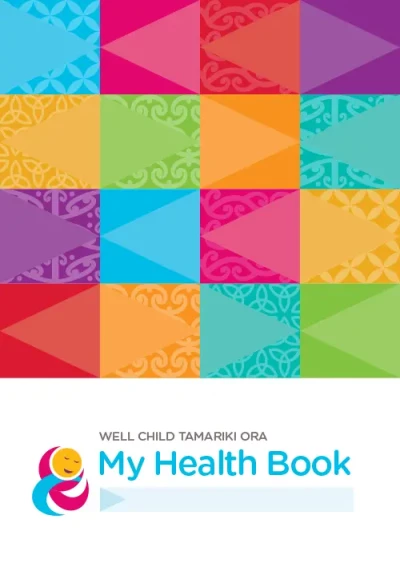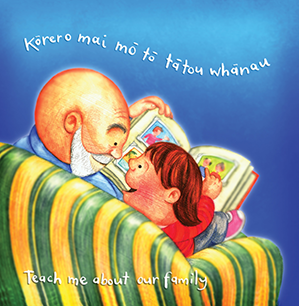
Well Child Tamariki Ora check 8–10 weeks
The 8–10 week check is a good time for whānau to see how they're doing and be reassured that things are going well with their baby.
For background notes on this topic, read the article:
Well Child Tamariki Ora visits
There is more information from Te Whatu Ora on their website:
Well Child Tamariki Ora visits | Te Whatu Ora(external link)
Preparing for the 8–10 weeks check
Help whānau prepare for these appointments by talking about the things that their nurse will be discussing.
Remind them to take baby’s 'My health book' to their appointment or have it ready for when the nurse visits at home.
At the 8–10 weeks visit, the nurse will likely:
- ask about breastfeeding
- measure baby’s length, weight and head size and check their hips
- check baby can see and hear well
- check baby’s overall learning, development and behaviour
- ask if baby’s been immunised
- talk about how the whānau are getting on with parenting, including:
- feeding
- safe sleeping
- avoiding accidents
- recognising when baby is sick
- smoking
- family violence.
The whānau may also want to do some of their own observations of baby, using the 8–10 weeks checklist to guide them, such as.
Can your baby see well? Do they:
- close their eyes against a bright light
- stare at people’s faces when they are up close
- turn towards light
- smile at you without being touched or spoken to?
Can your baby hear well? When there’s a sudden loud noise, do they:
- jump or blink
- stir in their sleep
- stop sucking for a moment
- look up from sucking
- cry?
Getting the most from the visit
The nurse is interested in how baby:
- moves
- shows what they want
- understands what parents say
- acts around whānau
- plays.
Involving parents in baby’s development right from the start can build their confidence and help to ensure their expectations of baby’s development is appropriate.
Remind whānau that no question is too small or silly, and that the visit is a good time to talk about any concerns they might have. Topics might include:
- crying and behaviour
- enrolling with the Community Oral Health service
- family relationships
- feeding
- feelings about parenting
- help services
- immunisation
- play and learning
- returning to work
- safe sleeping
- safety – at home, out and about, car seat
- sickness
- having a smokefree home.
Helpful resources for whānau
-
Well Child Tamariki Ora visits
Te Whatu Ora
The Well Child Tamariki Ora programme is a series of health visits and support that are free to all families for children from around 6 weeks up to 5 years of age.
-

My Health Book
Well Child Tamariki Ora
The Well Child Tamariki Ora My Health Book is filled with sound advice for parents of babies and children under-five.











